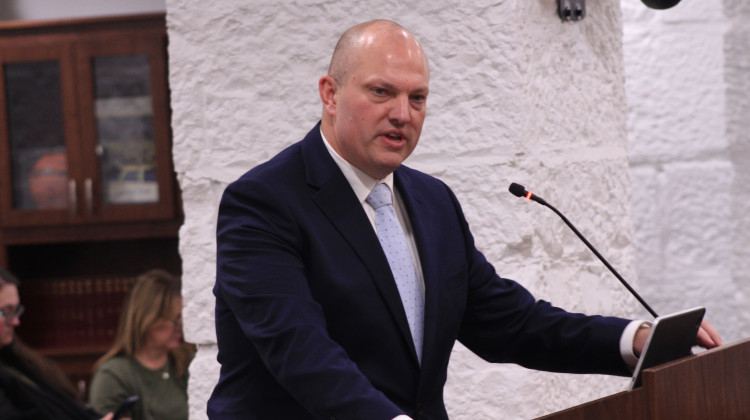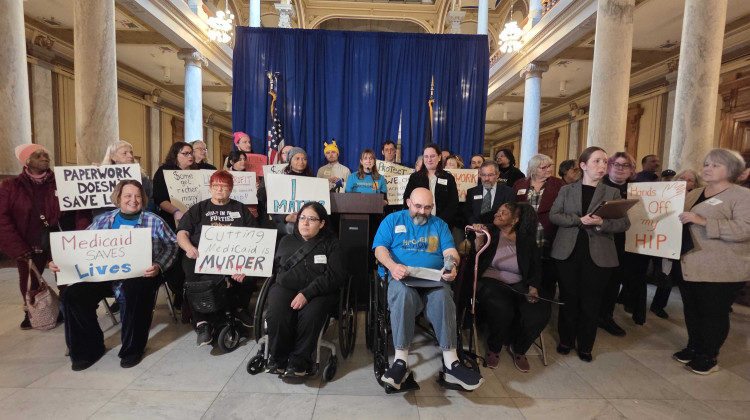More apartments are becoming smoke-free in Marion County.
Smoke Free Indy, a group from the Marion County Health Department, surveyed over 300 properties this year, and found 24 percent do not allow smoking. In 2015 only 14 percent were smoke-free, and when the group first surveyed apartment complexes in 2013 only 4 percent prohibited smoking.
Ventilation systems alone don’t protect residents from secondhand smoke, said Earnest Davis, who works with Smoke Free Indy and is a health educator with Marion County.
“Smoke can travel through vents, air ducts and cracks in the wall or floorboards, ” he said. Davis said the health risks of secondhand smoke are serious, including “respiratory infections, lung cancer, heart disease and stroke.”
Davis partly attributes the increase in smoke-free properties to a change in attitude. Indianapolis residents seem to prioritize healthy living more in recent years, and a growing number of new apartment complexes cater to that demand, where new buildings prohibit smoking from the start.
Education plays a part too. Davis meets with landlords and property managers across Marion county, offering strategies for rolling out smoke-free policies, including suggestions for updating policy language on leases.
However, many apartment managers haven’t taken advantage of the assistance Smoke Free Indy offers, said Sandy Cummings, who focuses on tobacco cessation with the Marion County Health Department. “We wish more would,” she said.
It’s costly and time consuming to clean units after smokers move out and the health hazards are clear. But some landlords are afraid to implement a building-wide policy.
“A lot of it is just fear,” said Cathy Blume of the American Lung Association, who travels with Davis to educate property owners. “Fear of losing residents over the policy.”
Blume assures them outlawing smoking is indeed legal, and that a policy change shouldn’t affect occupancy much.
“If they have a good property and the resident enjoys living there, they’re going to choose their home over whether they have to walk outside to smoke or not,” Blume said.
There is not a state law limiting smoking in apartments, and West Lafayette is the only city in Indiana with a smoke-free ordinance that limits smoking in apartments, said Blume. The policy, which went into effect in 2008, bans smoking in common areas of multi-family properties, including apartments and nursing homes.
In February 2017, the U.S. Department of Housing and Urban Development set a rule requiring all properties run by public housing agencies to go smoke-free by July 2018. Cummings says Indianapolis has already met this requirement: All public housing in Indianapolis prohibits smoking.
Rather than push for statewide legislation, though, Blume said she thinks it’s more effective to make her case to management companies that own dozens of apartment buildings.
For example, Real America Management owns close to 20 apartments in Indiana, but not in Marion county. Since April 2017, they’ve had a no smoking policy in place. Blume is pushing for at least half of the apartment units in the state to become smoke-free.
This story was produced by Side Effects Public Media, a reporting collaborative focused on public health.
 DONATE
DONATE









 Support WFYI. We can't do it without you.
Support WFYI. We can't do it without you.